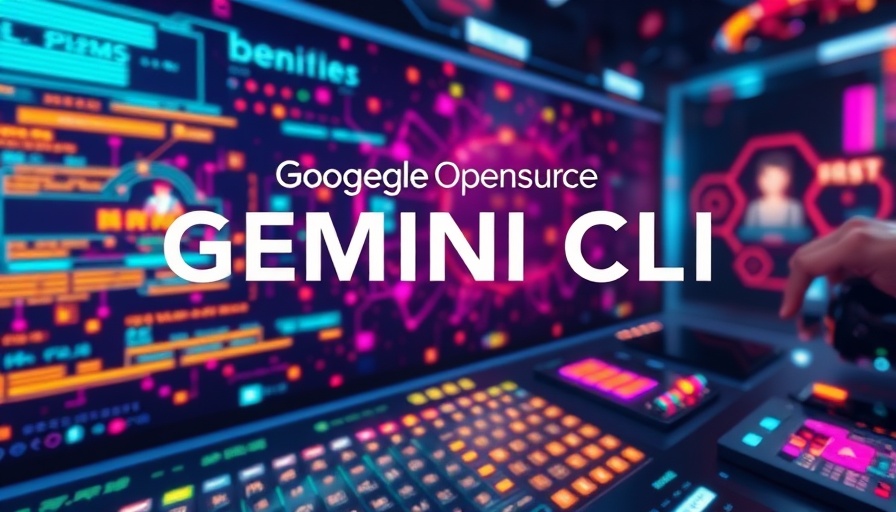
The Growing Comfort of AI Communication
Artificial intelligence (AI) has transformed the way we engage with technology, becoming a reliable source of comfort and information in our lives. Surprisingly, many like Zoe Williams, who initially dismissed it, are now finding value in AI's ability to provide thoughtful responses to personal queries. As Williams recounts, AI can handle questions ranging from trivial personal dilemmas to deeper emotional concerns, offering reassurance that is often likened to chatting with a friend. The reassurance factor plays a significant role in the technological adoption of AI, making conversations with these systems feel human-like and emotionally supportive.
AI: The New Companion in Troubling Times
As stressors in daily life grow, many seek solace in conversational AI, leading to its rapid adoption across various demographics. The emotional intelligence that AI exhibits, particularly in models like Claude, reassures users in times of distress. Imagine asking about interpersonal disputes or loss; AI's responses often emphasize validation and empathy, comforting users to confront their challenges. This unique interaction design bridges the gap between technology and emotional wellness, making AI systems appealing in an increasingly wearisome world.
Why AI Resonates with Millennials and Gen Z
Tech-savvy generations, primarily millennials and Gen Z, are particularly drawn to AI's capacity for immediacy and convenience. They are accustomed to digital tools that not only provide information but also support emotional understanding. As people from these demographics navigate the complexities of modern life, they find themselves turning to AI not just for answers but for comfort. Engaging with AI allows them to explore their feelings in an environment free from judgment—an enticing prospect for those who often feel overwhelmed.
Addressing Common Misconceptions about AI
Despite its growing popularity, misconceptions about AI persist. Many individuals believe that AI lacks true understanding and empathy, undermining its potential as a resource for emotional support. However, this perspective fails to recognize the innovative response mechanisms that AI systems employ. The ability of AI to respond with compassion and nuance reflects a broader understanding of human emotions, illustrating that it can indeed serve a vital role in emotional well-being.
Future Directions: The Role of AI in Emotional Intelligence
As advancements in AI continue, the potential for enhanced emotional intelligence within these systems is exciting. Experts predict that AI will evolve to offer even more personalized interactions, making it a staple in counseling and support services. This emerging landscape raises important ethical considerations regarding the reliance on AI for emotional and psychological insights, highlighting the need for dialogues about AI's role in society and individual lives.
Whether you remain skeptical of AI's relevance or find comfort in its capabilities, one thing is clear: AI is here to stay. As we delve deeper into the age of technology, embracing and understanding AI's benefits may very well enhance our interaction with the world around us.
 Add Row
Add Row  Add
Add 




 Add Row
Add Row  Add
Add 



Write A Comment